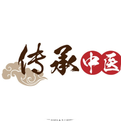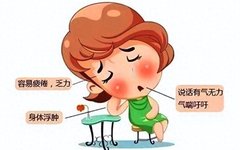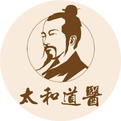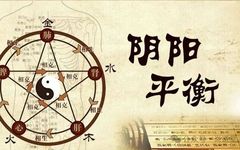Understanding Blood Stasis in Traditional Chinese Medicine
Traditional Chinese Medicine for a Healthy Life Prevention First: A Combination of Prevention and Treatment Six Manifestations of Blood Stasis in the Body Three Indicators to Diagnose Blood Stasis 1Local Blood Stasis Syndrome The main symptoms include localized stabbing pain, tenderness upon pressure, and masses. Liver cirrhosis presents as a mass, known in TCM as … Read more








